detail profile hans peter reinecke
Peran Yang Di Mainkan Hans-Peter Reinecke
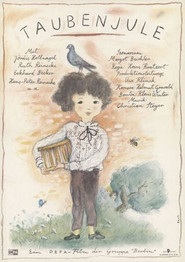 Elevenyearold Jella lives with her mother...
Elevenyearold Jella lives with her mother...Taubenjule 1983
Eleven-year-old Jella lives with her mother in a rural idyll in which both feel at home and comfortable. Then, however, they move to the city where her father works. On parting, her friend Freitag presents Jella with a pair of pigeons. Although Jella is looking forward to life in the city, she is unable to accustom herself to her new surroundings. She is being picked on by the other children, and a neighbor′s son even releases her pigeons. They fly back to Freitag who returns them to Jella. When Jella visits the village one day, she is disappointed to learn that she has become a stranger there, as well.
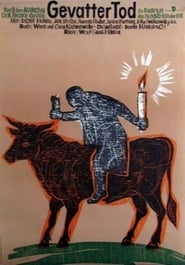 Once upon a time there was...
Once upon a time there was...Godfather Death 1980
Once upon a time, there was a poor farmer who had thirteen children. Since the farmer was so poor, there was never anything left for the youngest of the family. Therefore, the farmer chose Death as the godfather of his son, Jörg, because all people are equal in the eyes of Death. The Grim Reaper is happy to look after the boy and turns Jörg into a skilled doctor who earns wealth and fame.
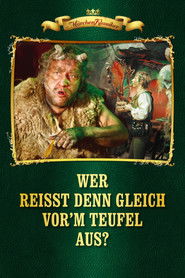 Based on a fairy tale by...
Based on a fairy tale by...Who's Afraid of the Devil 1977
Based on a fairy tale by the Brothers Grimm: Jakob is a poor farmer′s boy. Because of his timidity that even makes him run away from mice, he is often ridiculed by other people. Even the king is ill-disposed towards him. One day he sends Jakob to the devil to rob him of three golden hairs. This is supposed to be Jakob′s certain death. But naïve Jakob gets going and on his way even promises the oppressed subjects of the king to ask the devil for a way out of their misery.
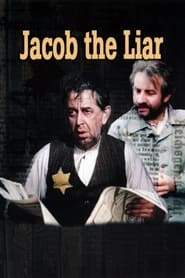 A Jewish ghetto in the east...
A Jewish ghetto in the east...Jacob the Liar 1975
A Jewish ghetto in the east of Europe, 1944. By coincidence, Jakob Heym eavesdrops on a German radio broadcast announcing the Soviet Army is making slow by steady progress towards central Europe. In order to keep his companion in misfortune, Mischa, from risking his life for a few potatoes, he tells him what he heard and announces that he is in possession of a radio - in the ghetto a crime punishable by death. It doesn't take long for word of Jakob's secret to spread - suddenly, there is new hope and something to live for - and so Jakob finds himself in the uncomforting position of having to come up with more and more stories.
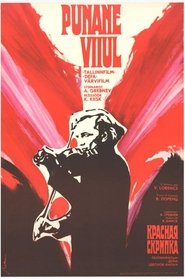 When Estonian violinist Eduard Srmus starts...
When Estonian violinist Eduard Srmus starts...The Red Violin 1975
When Estonian violinist Eduard Sõrmus starts his concert tours in Europe, he is convinced that the world revolution is about to begin. His mission as a Red Violinist is to call the proletariat around the world to join with the revolution. It is only two things - music and revolution - that Eduard has dedicated himself to. His audience is enchanted by his performance and ignited by his ideas. With this knowledge, he travels Europe between the two world wars, accompanied by his faithful friends, his audience's admiration and the hostility of the authorities.
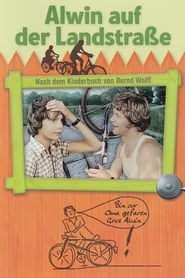 Ironically at the beginning of the...
Ironically at the beginning of the...Alwin auf der Landstraße 1974
Ironically, at the beginning of the summer holidays, Alwins strict father has grounded him to get him to improve his spelling. Alwin feels like a prisoner and decides to run away heading to his grandparents in the Harz mountains nearly 200 kilometers away. On the road Alwin meets many people and with their help Alwin slowly progresses towards his destination.
 A train travels through the vastness...
A train travels through the vastness...On the Way to Lenin 1970
A train travels through the vastness of Russia, a train with German prisoners of war returning home, and Viktor Kleist, a young German communist from an intellectual home in Munich, travels back home with them. During the journey, the stations on his way to Lenin wake up again.
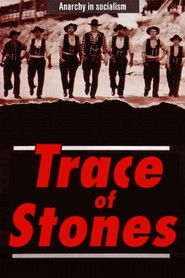 Bad planning and shortages prevail on...
Bad planning and shortages prevail on...Trace of Stones 1966
Bad planning and shortages prevail on an East German construction site. Foreman Hannes Balla uses unconventional methods to overcome the problems. New Socialist Unity Party secretary Werner Horrath is charged with bringing the rough-and-ready builder crew into line. The task seems doomed to fail as the two men compete for the affections of young engineer Kati Klee. But when she gets pregnant by married man Horrath, he is in danger of being expelled from the party, and Balla takes his side...
 In order to escape her narrow...
In order to escape her narrow...The Flying Dutchman 1964
In order to escape her narrow and restrictive life, Senta, the daughter of a rich shipowner, seeks refuge in her fantasies and dreams. In this realm of imagination, a bold and restless sea captain appears to her—the Flying Dutchman—who is cursed to wander the seas forever. In her obsessive dreams, Senta frees this man through her love for him.
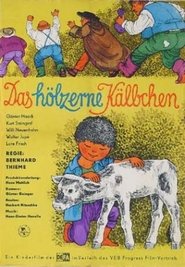 On a pasture in a small...
On a pasture in a small...Das hölzerne Kälbchen 1961
On a pasture in a small village stand the cows and calves of the herder Bürle. Since many years, there is also a wooden calve standing among them. One day, all calves are stolen, even the wooden one. Although they are innocent, all poor villagers are brought to trial. Thereupon, the farmers join forces and discover who really is responsible for the theft.
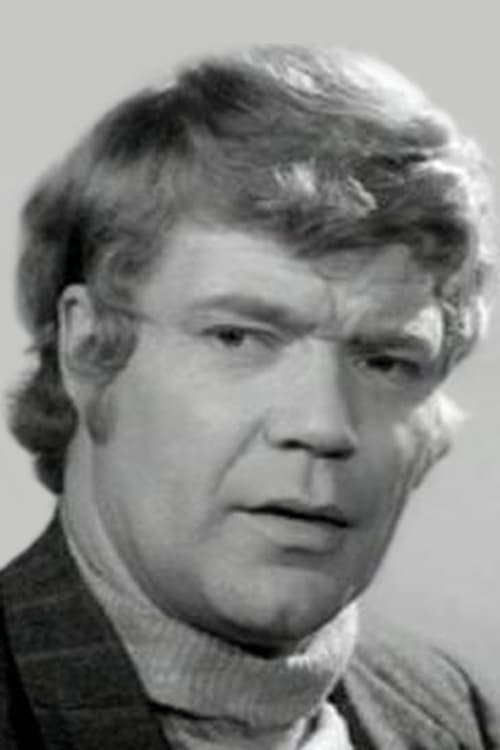
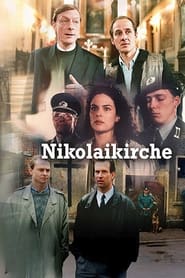

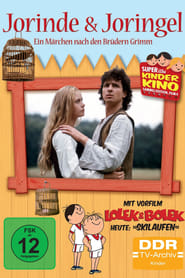
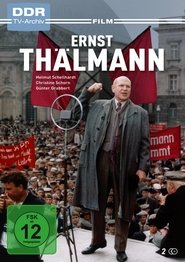
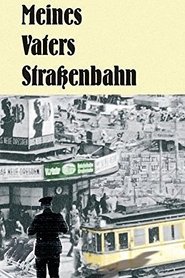
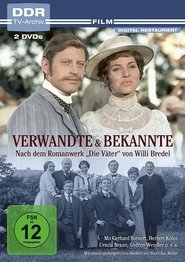
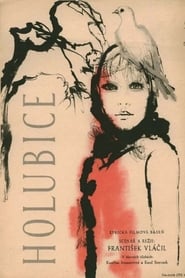 A poetic film about a dove...
A poetic film about a dove...